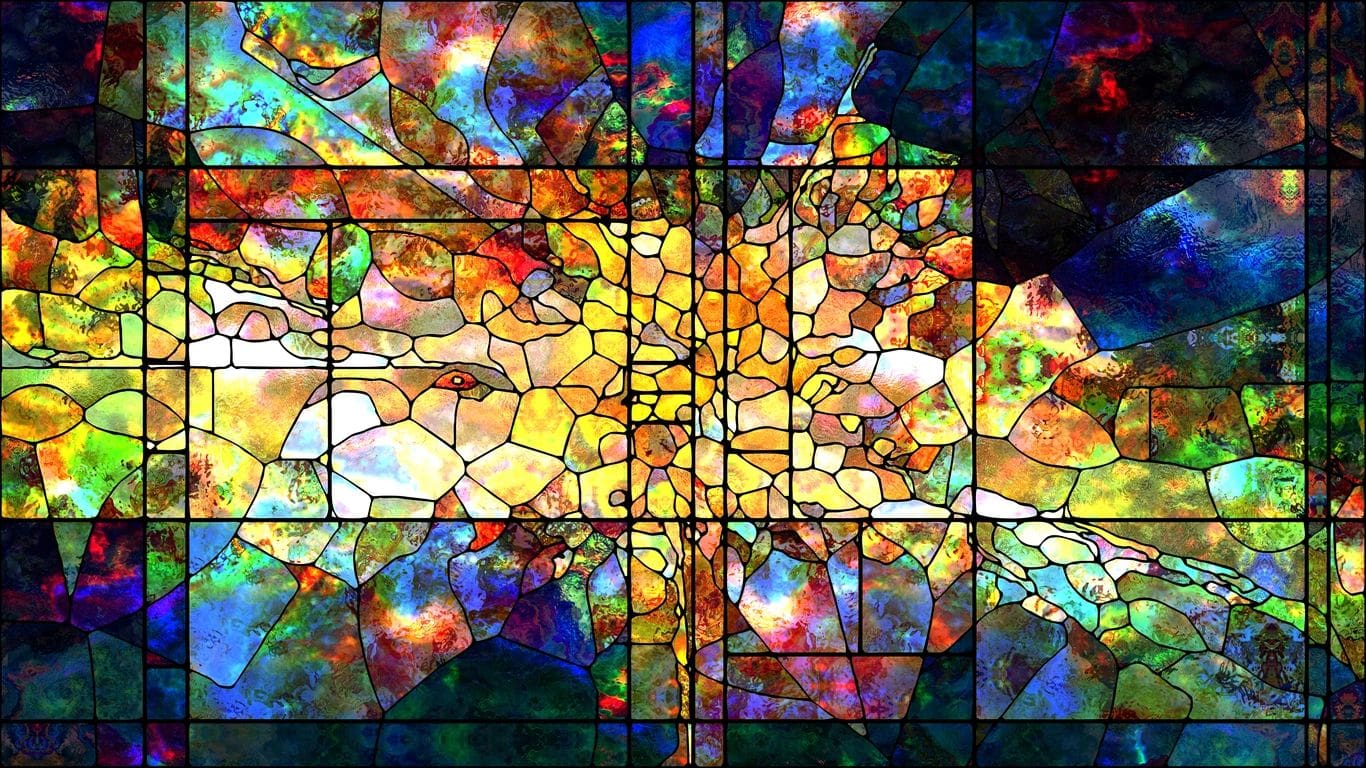Search Posts
Recent Posts
- Vinny Paz to be inducted TODAY into the International Boxing Hall of Fame – CES Boxing June 7, 2025
- In the News… quick recap of the week’s news (6.7.25) June 7, 2025
- Burn with Kearns: Strong without the spend: How scraps became strength tools – Kevin Kearns June 7, 2025
- Rhode Island Weather for June 7, 2025 – Jack Donnelly June 7, 2025
- How to advocate for threatened properties: The Heritage Alliance of Pawtucket June 7, 2025
Categories
Subscribe!
Thanks for subscribing! Please check your email for further instructions.

Pew Survey takes a look at America’s view of spirituality – Herb Weiss
By Herb Weiss, contributing writer on aging issues
The late Ray Whitman, a former economist who taught at the University of the District of Columbia, didn’t really consider himself spiritual or begin his spiritual quest until his late 30s. Ray’s desire to understand his spirituality was a long, complicated and somewhat painful process, he told me, noting that a mid-life crisis at age 39 forced him to reevaluate his personal life, goals and religious beliefs, including his ties to the Episcopal Church.
Whitman’s personal crisis would lead him to exploring spiritual beliefs and activities. During his search, he learned how to cast astrology and numerology charts, attended metaphysical church services, practiced yoga, became a Life Spring graduate and even sought advice from psychics and the counsel of gurus, even traveling to Brazil to see John of God, a self-proclaimed medium and psychic surgeon.
For years, the Rockville, Maryland economist studied the teachings and meditation practices of Guru Mayi Chidvilasananda, the current head of the Siddha Lineage of gurus.
At the end of his life, Whitman, who passed away on Aug. 26, 2021, at the age of 85, like many Americans who described themselves as spiritual in a recent Pew Research Center report, he described himself as being spiritual and not religious and being tied to mainstream religious beliefs.
Being Religious, Spiritual, or both
Just weeks before Christmas, the Pew Research Center released a report, “Spirituality Among Americans,” that shows that belief in spirits or a spiritual realm beyond this world is widespread, even among those who don’t consider themselves religious. Seven in 10 adults (70%) describe themselves as spiritual in some way, however, many of these individuals also view themselves as religious. Still, 22% indicated that they consider themselves spiritual, and not religious.
| According to the results of Pew’s survey, 83% of all U.S. adults believe people have a soul or spirit in addition to their physical body. Eighty-one percent of the respondents believe there is something spiritual beyond the natural world, even if we cannot see it. Almost three-fourths of the respondents say that there are somethings that science cannot possibly explain while 45% noted that they had a sudden feeling of connection with something from beyond this world. And 30% say that they have personally encountered a spirit or unseen spiritual force. |
Overall, the survey findings, conducted July 31-Aug. 6, 2023 among a nationally representative sample of 11,201 members of Pew’s American Trends Panel, and released on December 7, 2023, found that 70% of U.S. adults can be considered “spiritual” in some way, because they think of themselves as spiritual people, or say spirituality is very important in their lives.
As to spiritual beliefs, the survey’s findings indicated that half of all Americans believe that spirits can inhabit burial places, such as graveyards, cemeteries or other memorial sites. Forty-eight percent believe that parts of mountains, rivers or trees can have spirits or spiritual energy.
And respondents believed in an afterlife. Fifty-seven percent believe that people definitely or probably can reunite with loved ones who also have died. About four-in-ten also accept that dead people definitely, or probably, assist, protect and guide the living (46%), be aware of what’s going on among the living (44%) or even communicate with them (42%).
As to spiritual practices, 77% of U.S. adults say they spend time in nature, usually a few times a month, and 26% note they do so to feel connected with something bigger than themselves or with their “true self.”
When asked to describe what ‘spiritual’ means to them in their own words, one respondent said, “To me, spiritual means to be in touch with nature, see the beauty in everything, feel the love of Mother Nature, to know that there is something out there that is greater than me, that loves me, that looks out for me. I find that mostly in nature – the sun, the moon, trees, flowers, wild bunnies running through my yard, the deer standing stoically as if posing for me to enjoy their beauty. In addition, I try to follow the teaching of Jesus, because he had some pretty good advice.”
Another said, “Spiritual means to discover your own self by deep meditation and contemplation. Love everyone, hate no one.”
Thirty-eight percent of U.S. adults reported meditating at least a few times a month, including 22% who meditate mainly to connect with their “true self” or with something bigger than themselves.
Finally, the survey’s findings reveal that for spiritual purposes more than one-third of U.S. adults say they wear a cross, and 15% say they maintain a meditation shrine, altar or icon in their home. Twelve percent have crystals for spiritual purposes and 9% have a tattoo or piercing for spiritual purposes.
Are Spiritual beliefs superseding traditional Religious Beliefs?
The researchers say that previous research has shown a decline in traditional religious beliefs and practices, including those who say they believe in God with absolute certainty, regularly attend religious services, and pray daily.
Like Whitman, articles appear in newspapers noting that Americans are turning away from organized religion and replacing it with their “own mix of spiritual elements” drawn from Hindu, Buddhism, Native American shamanism, and New Age beliefs.
While the Pew Research Center’s survey attempts to ask questions about spiritual beliefs and practices, researchers say it’s difficult to determine if considering oneself spiritual is more or less common today.
Previous Pew Research Center surveys say it’s difficult to determine if religion is being replaced by one being spiritual because it’s difficult to define and separate those concepts.
Researchers say that this survey is intended to “fill the gap.” These results will be used as a baseline and the re-asking of questions about spiritual and religious practices can indicate whether there is an increase or decease in one’s turning away from organized religion and just considering oneself spiritual.
Stay tuned…
To read Pew Research Center’s Spirituality report, go to:
___

Herb Weiss has enjoyed a distinguished 43-year career in journalism, earning a national reputation as an expert on aging, health care and medical issues. Over 900 articles that he has authored or co-authored have appeared in national, state and local publications and newspapers.
Today, Herb’s weekly newspaper column appears in the Blackstone Valley’s Woonsocket Call and Times, a daily newspaper, and in RINewsToday, a statewide digital news site. He also writes for the Warwick Beacon, Cranston Herald and Senior Digest.
In 2016, he published his first book, a collection of his articles for seniors, called Taking Charge: Collected Stories on Aging Boldly. Herb has published an additional anthology of his collected articles and columns in 2021 called Taking Charge, Volume 2: More Stories on Aging Boldly. He is a recipient of the 2003 AARP Rhode Island’s Vision Award for his weekly commentary that appeared in the former Pawtucket Times.
He is a two-time recipient (1994 and 1999) of the American College of Health Care Administrator’s National Award for his coverage of long-term care issues. He was also awarded the Distinguished Alumni’s Award by the Center for Studies in Aging, North Texas State University, in 1997, for his career coverage of aging issues. That year, he was also selected by the prestigious McKnight’s LTC News to be one of its “100 Most Influential People” in Long-Term Care.
Herb was appointed by five governors to serve on the Rhode Island Advisory Commission on Aging. The appointments were made by Governors Bruce Sundlun (1994), Lincoln Almond (1999, 2000), Donald L. Carcieri (2005), Gina Raimondo (2016), and Daniel J. McKee (2022). He was also appointed by Rhode Island Senate President Dominick J. Ruggerio in November 2021 to serve on the Advisory Council on Alzheimer’s Disease Research and Treatment.
Herb is a 2012 graduate of the Theta II Class of Leadership Rhode Island.

To purchase his books, Taking Charge: Collected Stories on Aging Boldly and a sequel compiling weekly published articles, go to herbweiss.com.
